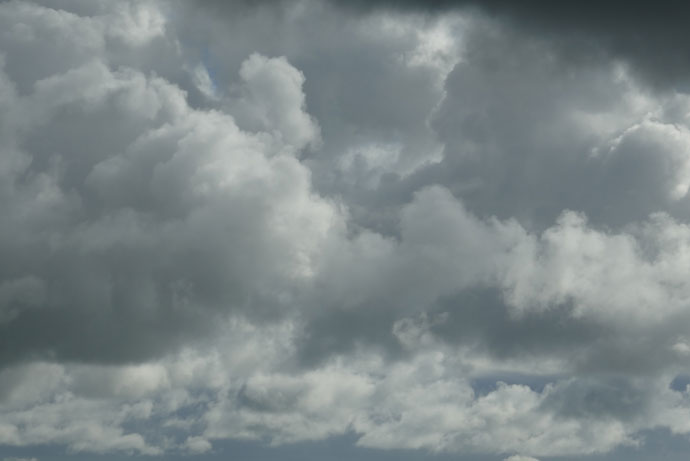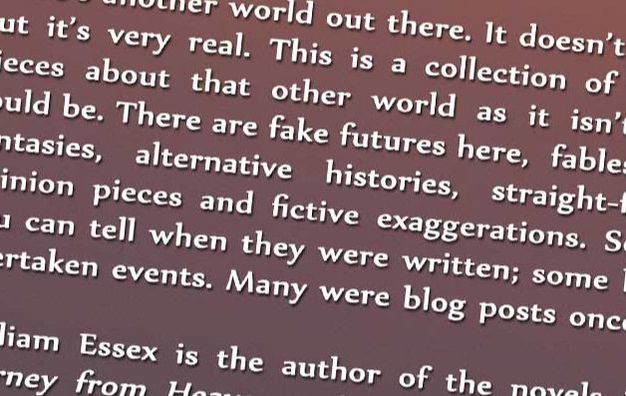That Other Country
|
On the day that I wrote this, 9th May 2014, the early news told us of a parade in Moscow to celebrate Russia’s defeat of Nazi Germany in the Second World War. Crimea remained annexed, and the Russia/Ukraine crisis was not resolved. At around half eight, the BBC’s reporter in Moscow was cut off in mid-sentence as he summarised the military hardware on display; the Today programme on Radio 4 cut to the sports news.
Sentenced to a year’s “community service” for tax fraud, former Italian Prime Minister Silvio Berlusconi turned up at a care home to work with dementia patients. Because he escaped prison, Berlusconi would still be able to lead his party in the then-forthcoming European elections. Because he was an elderly politician who didn’t know a lot about mental health, Berlusconi was to be accompanied at all times by a medical worker who specialised in Alzheimer’s (to help with care of the patients, duh). In other news, the UK tax authorities came under fire for (revived) plans to deduct money from taxpayers’ bank accounts without prior judicial authorisation. The central criticism was that tax officials at Her Majesty’s Revenue & Customs “have a history of making mistakes” (reported the BBC). Oh, and new research by Danish scientists told us that too much arguing can lead to early death. You couldn’t make it up? There’s no need to make it up. The world was, is, and always will be out of our control. Real events don’t follow a narrative structure. On the day that you read this, the events of 9th May 2014 will be history. If we remember them at all, hindsight will give them that patina of inevitability – and to some degree, irony – that coats the reported past. Just as you can’t watch the Archduke being driven through Sarajevo without knowing what happens next, or the Titanic leave Southampton (both on YouTube), so you might find it quaint that I once inhabited a world where “what happens next” wasn’t part of the story. On 9th May 2014, I would not have understood the word “Brexit”. And I had only vaguely heard of Donald Trump. One of the ancient news-reels on YouTube tells us that the Archduke came to Sarajevo to “reassure his people”. The Titanic, as we all know, was unsinkable. If you remember Brexit and Donald Trump, you’re reading this sentence not long after I wrote it. Background music 9th May 2014 was an ordinary day. Stuff happened. Time passed. What happened 100 years earlier was that the Titanic sank and then the First World War started. Or so we might assume, given that we have “what happened next” as part of the story. The ship went down (in 2012) and then everybody stood around waiting for the guns to start firing, the tank to be invented and the War Poets to open their notebooks and start writing. History is a form of storytelling. The big events obscure the little ones. Themes emerge. When we read history – or watch it – we know which events were important (the background music tips us off) and we know the conclusions that we’re supposed to draw from them. Ships need to have lots of lifeboats. Wars don’t end by Christmas. But wisdom after the event isn’t wisdom. The obvious quote to put in here is “Those who fail to learn the lessons of history are doomed to repeat them,” which was approximately used by Winston Churchill in 1935, written by George Santayana in 1905 and probably first said by Edmund Burke in 1729 – although the attribution and precise phrasing differ according to the (online) source you’re using. One version suggests that the problem is a simple failure “to remember the past”. Whatever it is, we’re still failing at it. Santayana also said, “Only the dead have seen the end of war.” Which is pretty cool, right? By one of those strangely satisfying conjunctions that it would take a scientist to dismiss as coincidence, the BBC aired the first episode of its drama 37 Days, about the run-up to the First World War, on 6th March 2014. That was the 99 years, eight months, several days anniversary of the Archduke’s assassination. The drama was intended to get across the idea that the war was caused by Western political leaders’ inadequate responses to a crisis in eastern Europe. And 6th March 2014 was also the date on which Russia moved into Crimea. Remember? Valkyries, a new movie about undead heroes, and a reading group in deepest Cornwall. Get into Life Elsewhere, why don't you?
Some days, it's just a matter of turning on the machine and starting to write. And, perhaps, opening the shutters. The sky's a deep blue, this early in the morning, and those are the lights along the "scenic route" that goes around the point. No noise, except - now that I'm listening - one, possibly two distant birds. Some silences have substance. My new laptop has interrupted me twice since I started this paragraph: once, to tell me how to alter the background on my desktop, which I've done already; once to tell me that my virus thing has saved me from 250 threats since I turned on the machine.
It is indeed a dangerous world. This was the week of the mudslide in high-net-worth California. There are people trapped in European ski resorts by too much snow. Record low temperatures in this country, and I think I saw a report of snow in the Sahara Desert. The NHS went into crisis, cancelling planned operations, and it occurred to me to wonder why the solution demanded is always money. Not that re-organisation, or "reform", seems a particularly good idea either. We have "Save the NHS" campaigns, rather than "Save health care", so I suppose we want the large unwieldy corporation rather than doctors we can call in like we might call in plumbers, but aren't there just too many of us? And is there any money, anyway? Isn't the big secret that nothing works any more? Asking for money is assuming that there's somebody sat up there with a fat wallet. Some kind of deus ex machina teacher/parent figure; a secular deity. Even the weather's gone hinky again - and now my laptop wants me to know that "hinky" isn't a word. You're not getting into the spirit of this, laptop. The BBC was revealed last Summer to pay its women less than its men for equivalent jobs, and when the subject came up again recently, the BBC defended itself: it had commissioned independent reports that conclude: the BBC's pay gap isn't "systemic". Women are getting less money than men, still, but it's not "systemic gender discrimination". That's okay, then. Still silent outside - no, there's a car passing in the distance. Somebody's awake. I remember Rachel Carson's Silent Spring (1962, Houghton Mifflin), and I wonder how differently she'd write it today, given that the threat to nature is just us, rather than specifically the agri-chemical industries. The sky has taken on a pleasant pink-ish tint, more healthy than embarrassed, and maybe the time has come for me to go look up that old story about the seven plagues of Egypt. I wonder if they ever had snow. God: The Interview.
Conducted at Espressini in Falmouth and published on Medium. Back Stories
Here is another page of past blog posts and other writings.
Every now and then, a shopping trip to a supermarket can inspire thoughts of goddesses, fires and ritual sacrifices.
|


